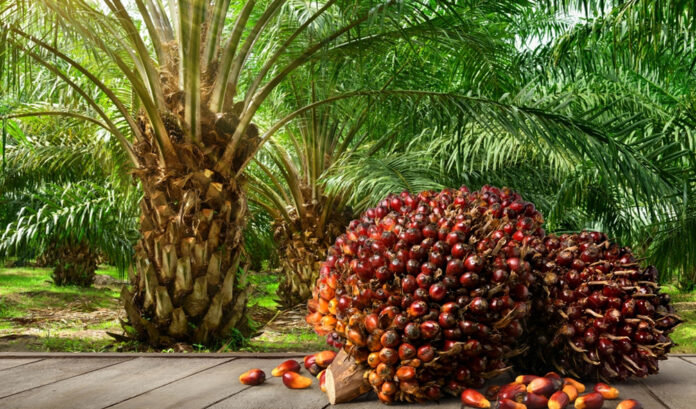Indonesian troops marched into the Melati Hanjalipan palm oil plantation on Borneo in June, marking the start of a sweeping state takeover that has reshaped the world’s largest palm oil industry. Soldiers declared the estate under government control, part of a broader campaign that has now placed about 3.7 million hectares of plantations under seizure.
Nearly half of this land has been transferred to state-run Agrinas Palma Nusantara, a new company that has become the world’s largest palm oil holder by area. President Prabowo Subianto’s administration says the move targets illegal operations and corruption, bringing about 5 million hectares—around 30% of Indonesia’s total palm oil land—under official review.
The policy, initiated under a January 2024 decree, has revived concerns over military involvement in civilian sectors. Prabowo, a former general, has appointed retired officers to Agrinas’ board and created a joint task force of soldiers, police and prosecutors to enforce land seizures.
At a recent cabinet meeting, Prabowo described the initiative as part of his campaign against corruption, declaring there would be “no more untouchables.” Neither his office nor Agrinas has responded to questions from the media.
Executives from major palm companies told Reuters they had begun scaling back maintenance and fertiliser use on estates under threat, anticipating potential takeovers. Many said they feared retaliation if they protested the seizures.
Indonesia produces more than half of the world’s palm oil, exporting nearly $30 billion worth each year. The industry group GAPKI had expected output to rise slightly in 2025 to 53.6 million tonnes, but warned that uncertainty could cause production to fall later this year.
At Melati Hanjalipan, yields have already plunged. The 106-hectare plantation, once producing up to 100 tonnes of fruit bunches monthly, has dropped to about 23 tonnes. Its cooperative head, Sabarani, said the caretaker had stopped maintaining the estate due to its unclear legal status. “Why is the state becoming the king of thieves?” he asked, noting the cooperative lacked a valid forest permit.
Thousands of smallholders have also been affected, particularly transmigrant farmers whose land was reclassified as forest zones. Many say they are unwilling to join Agrinas without secure land rights.
Established in January 2024 and led by retired special forces commander Agus Sutomo, Agrinas was assigned control of seized lands in March. By September, it managed 1.5 million hectares and aims for 3 million by 2029. Sutomo told lawmakers that despite his lack of industry experience, managing palm oil was now his official “mandate.”
The company is central to Prabowo’s five-year plan for food and energy self-sufficiency, including the production of biodiesel entirely from palm oil and control of 30% of Indonesia’s domestic cooking oil market.
Authorities have named subsidiaries of major global producers—including Singapore-based Wilmar, SD Guthrie, First Resources, and Cargill—among those operating in restricted forest areas. Some companies have begun talks with Agrinas to resolve disputes, while others report disruptions to production.
The seizures highlight long-standing legal ambiguities in Indonesia’s palm oil sector, where land rights and environmental rules often overlap. Many growers operate with expired or disputed permits, while others are caught in evolving forest-use classifications.
Analysts warn the crackdown could slow global palm oil supply and raise prices. The restrictions come as Indonesia diverts more palm oil for biodiesel use, tightening international markets.
Defence Minister Sjafrie Sjamsoeddin, who heads the task force, said Agrinas must maintain or increase output despite the transition. However, industry experts like Thomas Mielke of Oil World forecast slower growth, noting that investment and yields are already declining. Dorab Mistry, another leading analyst, added that “the threat of nationalisation immediately leads to lower yields.”
With millions of hectares now under state control, the world’s largest palm oil exporter faces a test of whether military-led management can sustain production—or destabilise a global commodity chain worth tens of billions of dollars.




